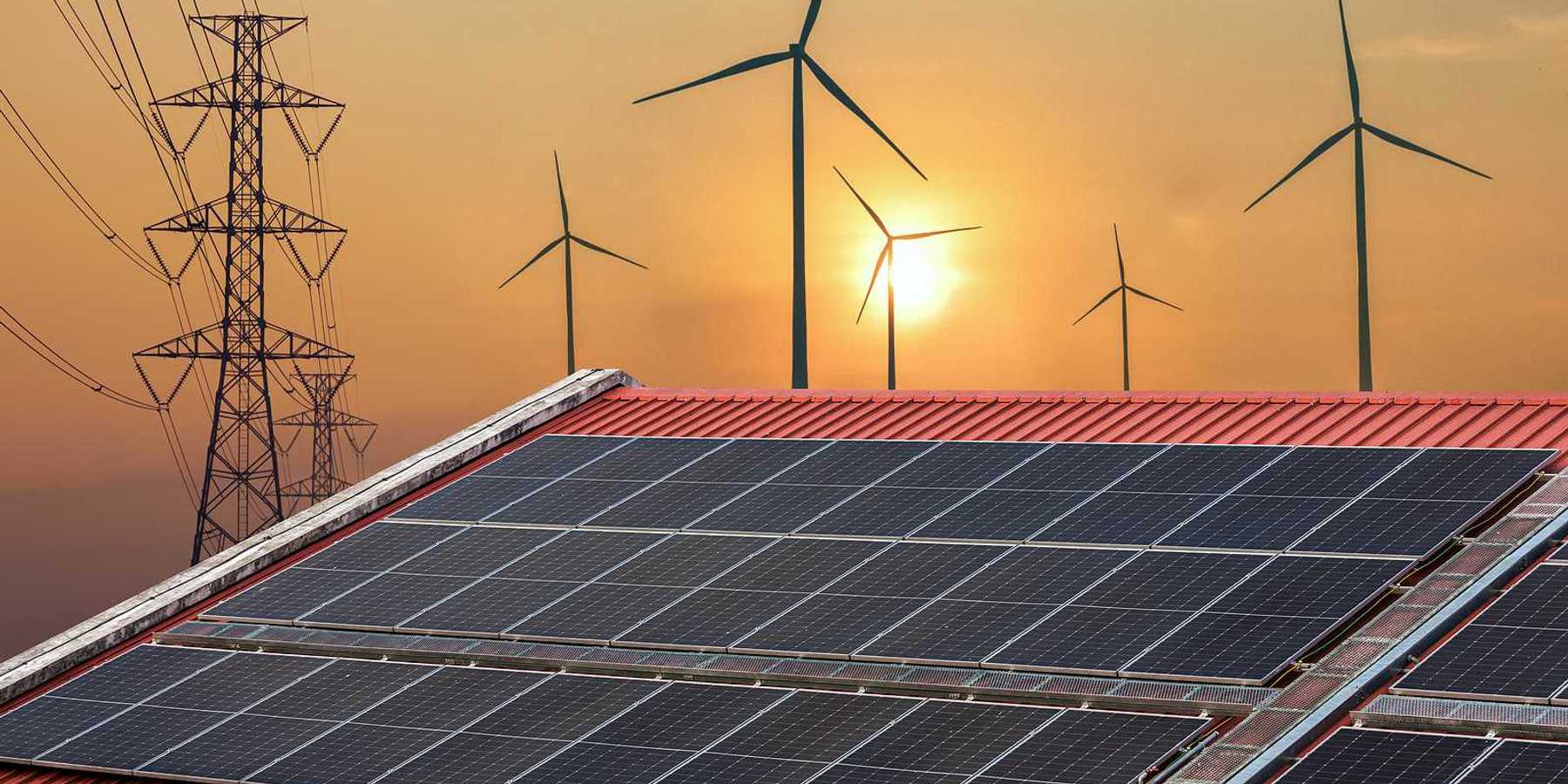New methods aim to enhance the ocean's ability to capture carbon dioxide
Researchers and startups are developing innovative marine carbon dioxide removal techniques to increase the ocean's carbon absorption capabilities. However, doubts about its potential impacts remain.
Andrew S. Lewis reports for Yale Environment 360.
In short:
- The ocean absorbs 30% of global CO2 emissions. Private companies, venture capitalists and governments are developing new methods to "enhance" this capacity.
- Startups like Running Tide are experimenting with sinking biomass into the ocean to store carbon, leveraging the ocean's natural capacity to do so. Others are experimenting with algae and kelp or pumping seawater through electrodialysis filtering systems.
- Scientists express concerns about the unknown effects and efficacy of marine carbon dioxide removal methods on global warming and marine ecosystems.
Key quote:
“We’re intervening in the natural world, which means we need to be very careful about what we do.”
— Kristinn Hróbjartsson, general manager of Running Tide in Iceland.
Why this matters:
The Intergovernmental Panel on Climate Change (IPCC) has made it clear that carbon sequestration needs to be part of the strategies to limit global warming to between 1.5 and 2 degrees Celsius. Enhanced marine carbon sequestration could play a role in meeting the threshold.
John Harte, a senior researcher at UC Berkeley's famed Energy and Resources Group, has spent a lifetime looking at the "smoke and mirrors" behind geo-engineering and carbon sequestration.













